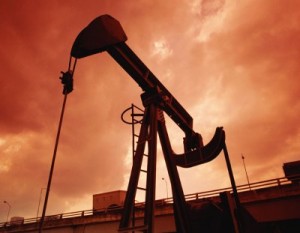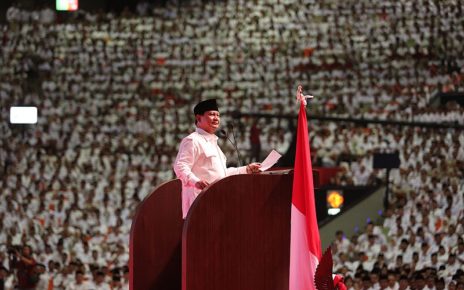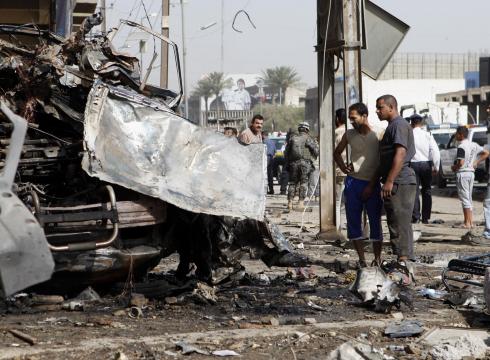On August 22, the US Securities and Exchange Committee (SEC) issued a ruling stating that all American oil and mining companies listed on the US stock exchange must disclose and define payments made to the governments of countries in which they operate. This ruling brings into law Section 1504 of the Dodd-Frank Wall Street Reform and Consumer Protection Act, after a lengthy delay during which time industry groups contested the legislation. Before this rule was enacted, companies were able to make these payments in secret, enabling corruption and preventing accountability from governments and officials receiving such payments. Supporters of this legislation are hailing this as a victory, though not everyone agrees. American oil companies are arguing that this ruling could cost the industry billions by decreasing their competitiveness versus foreign companies that are not subject to the same payment-disclosure regulations. Despite failing to prevent the law from being enacted, it should be expected that groups such as the American Petroleum Institute will continue to fight this legislation and it will be up to the SEC to hold corporations accountable to this ruling.
This type of initiative is not new to the extractive industry. Several international human rights groups and NGOs have been pushing for the adoption of these laws for over a decade. The Extractive Industries Transparency Initiative (EITI) is one such example, seeking to increase transparency related to payments from oil and mining companies to governments. In order to achieve compliance with the EITI standard, companies must publish taxes, royalties, and other types of payments they make to governments and in addition governments need to disclose their total revenue earnings. The hope is that increased transparency will provide citizens with the information necessary to hold their governments accountable, and that increased accountability will be a starting point in helping to reduce corruption—a problem endemic in developing countries rich in natural resources. Despite its good intentions, there are problems inherent to EITI that make its promise for success limited, the most important being its voluntary nature. Neither countries nor companies are bound in any way to their EITI promises.
This is where Section 1504 of the Dodd-Frank comes into play. By making transparency mandatory rather than voluntary, the hope is that finally a crucial step will be made towards reducing corruption and increasing accountability in states where natural resources are extracted. The EU is looking to do the same. Considering that the five largest publicly-owned oil and gas companies hail from either the US or the EU, the majority of major companies operating in the extractive industries would be bound by similar legislation. There is little doubt that increasing transparency is an important step in the fight against corruption. But it is important to remember that this is only a step and by no means a solution—corruption will not simply disappear owing to increased transparency. This victory for transparency should not prevent the continued search for additional ways to reduce corruption among resource rich states.
Why is transparency important for the US?
Fighting the culture of secrecy and corruption within the extractive industries will not only benefit citizens of resource rich states, it is also in the strategic interest of the US, the EU, and their allies, as many of the world’s resource rich states are entangled in civil and intrastate conflicts. Take Nigeria for example: Africa’s largest oil producing state is facing a growing sectarian conflict between the majority Muslim north and Christian south. The fuel behind this conflict is Boko Haram—an Islamist group with links to al-Qaeda that is increasingly targeting US economic interests within the country. Many are beginning to worry that if the government cannot contain the deteriorating security situation, Africa’s most populous state may become the next front in the War on Terror. Although the face of the conflict is largely religious, it is impossible to ignore the economic roots of the tensions. The economic and social divide between the Muslim north and Christian south is extreme—72% of northerners live in poverty, compared to 27% of those living in the south. Oil money is a crucial part of the story of economic inequality within Nigeria, and the contributing role of international oil companies should not be ignored.
This is not to say that simply increasing transparency in the extractive industries will result in a reduction of conflict within resource rich countries. Many countries suffering from the perils of resource wealth have experienced decades of mismanagement and corruption that will prove extraordinarily difficult to reverse. With a problem as grave as the resource curse however, it would be short-sighted to ignore the benefits of an initiative striving to help countries better manage their resource wealth. Although increasing transparency is undoubtedly only a small part of a much larger picture, the international community is a part of the problem and therefore must also seek to be a part of the solution. Resource rich countries face countless challenges associated with oil and mineral endowment. A coordinated international effort aimed at making resource wealth a source of growth and prosperity rather than conflict and poverty is therefore essential. Enacting Section 1504 of the Dodd Frank was an important first step; it is now up to the SEC to uphold the legislation and for other international bodies—especially the EU—to follow suit.





